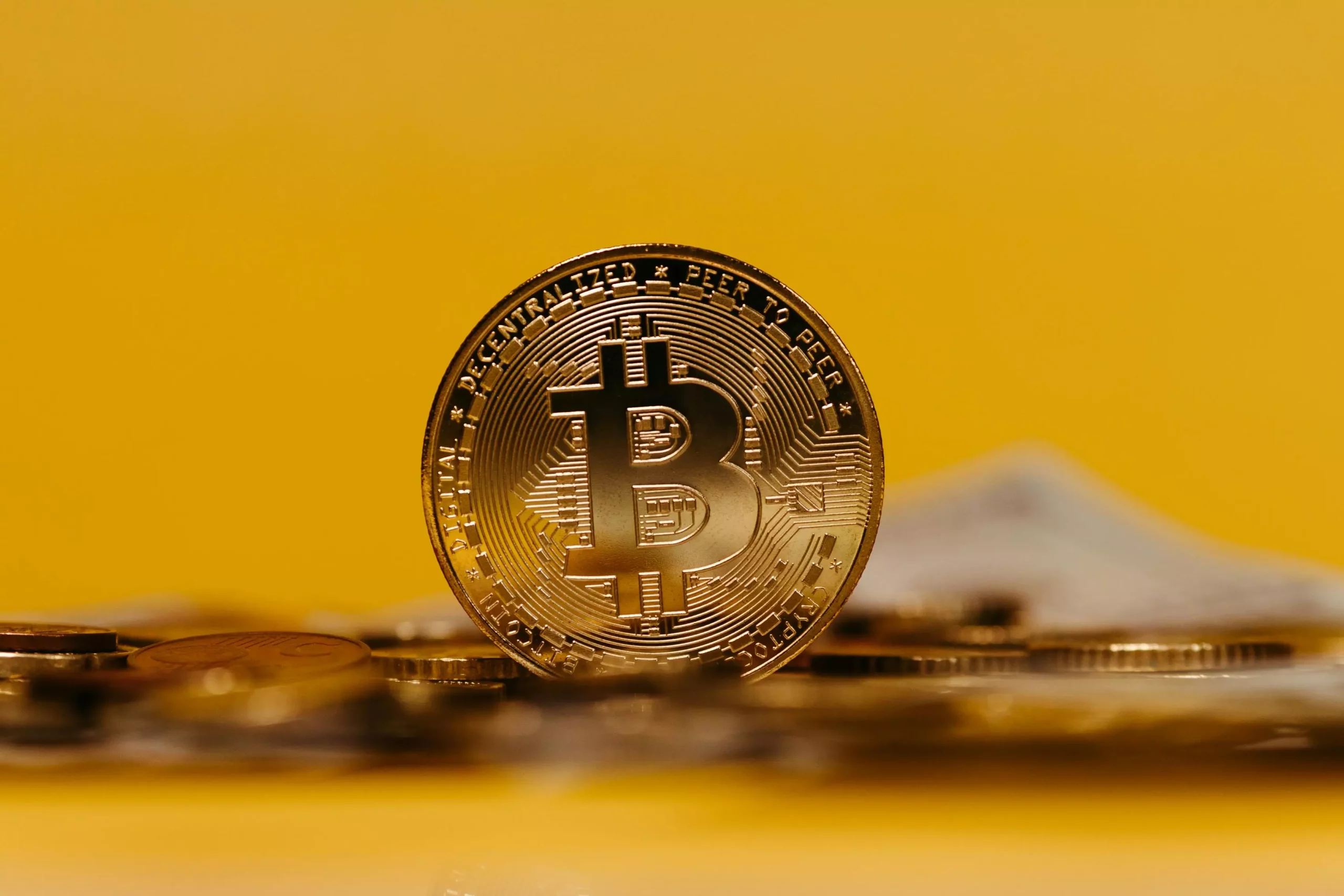The concept of establishing a US Bitcoin Strategic Reserve has emerged as a topic of considerable debate following the election of Donald Trump. Proponents argue that such a reserve could solidify America’s position as a leader in the global cryptocurrency sphere. However, skepticism looms large, especially among influential figures in the cryptocurrency landscape. In this article, we will dissect the arguments surrounding the establishment of a Bitcoin stockpile, explore potential political implications, and question the feasibility of such an endeavor.
Advocates of a national Bitcoin reserve contend that accumulating cryptocurrency on a governmental level could provide the United States with a significant strategic advantage. The basic premise is that by holding a substantial amount of Bitcoin, the US would not only assert its dominance in the cryptocurrency market but also potentially enhance the dollar’s position as a global currency. In an era where digital assets are gaining traction, a Bitcoin reserve could symbolize the US’s commitment to innovation and financial stability.
Supporters often reference the successful implementation of strategic reserves in other commodities, notably oil and gold, arguing that Bitcoin could serve as a modern store of value. Additionally, as more countries explore or even adopt digital currencies, having a Bitcoin reserve could position the US as a leader rather than a follower in this evolving financial landscape.
Despite these optimistic perspectives, skepticism abounds among industry experts. For instance, Ki Young Ju, the CEO of CryptoQuant, has publicly expressed doubts regarding the feasibility of Trump’s proposed Bitcoin reserve. Young Ju posits that the incoming administration may be unlikely to push through such a strategy, given the continued dominance of the US dollar in global markets. He argues that the dollar remains a safe haven currency, particularly in times of uncertainty, implying that a drastic shift toward Bitcoin might not resonate with governmental priorities.
Young Ju also draws parallels from historical economic behavior, suggesting that when the US senses a threat to its economic supremacy, other traditional safe-haven assets, like gold, see price surges. He highlights that, at present, there is little perceived threat to American economic dominance, which raises questions about the urgency for a Bitcoin reserve.
The political landscape also plays a critical role in shaping the future of cryptocurrency under the Trump administration. If Trump can successfully demonstrate the resilience of the US economy while reinforcing the dollar’s global stature, he may begin to distance himself from the pro-Bitcoin rhetoric observed during his campaign. This is crucial because a strong economy often diminishes the perceived need for alternatives to the dollar, such as Bitcoin.
Moreover, the effectiveness of Trump’s Bitcoin advocacy might ultimately depend on the prevailing economic sentiment and his political capital. If his administration focuses on traditional economic policies that bolster investor confidence in the US dollar, the urgency to advocate for a national Bitcoin reserve may diminish. Young Ju suggests that Trump could pivot away from Bitcoin, citing a shift in priorities without alienating his base, which reflects the complex relationship between political strategy and economic policies.
Looking ahead, it remains uncertain how the Bitcoin Strategic Reserve proposal will unfold within the broader context of US policy. The interplay between economic confidence and political maneuvering will determine whether a Bitcoin reserve becomes a reality or remains a fleeting vision. While the US has established itself as a leader in Bitcoin mining—processing a staggering 37.8% of the world’s Bitcoin in 2022—the future role of Bitcoin in national strategy is yet to be clearly defined.
While the concept of a US Bitcoin Strategic Reserve is laden with potential, it also faces significant hurdles. The interplay of economic reality, political strategy, and prevailing public sentiment will shape the viability of such an initiative. Whether or not this proposal gains traction, the discourse around it underscores the evolving relationship between cryptocurrency and national economics—one that will play a crucial role in shaping the future financial landscape.

